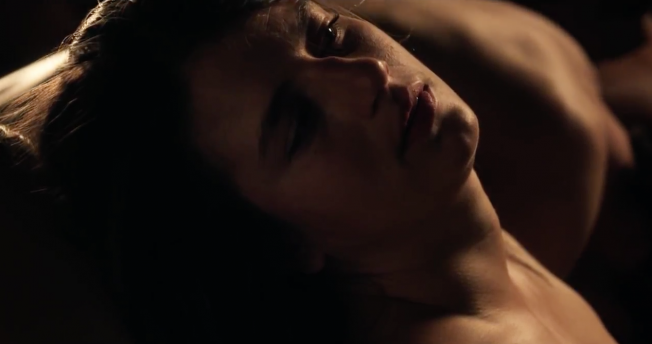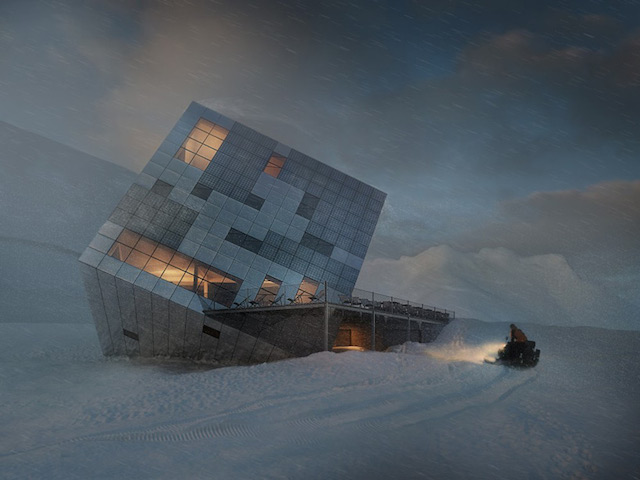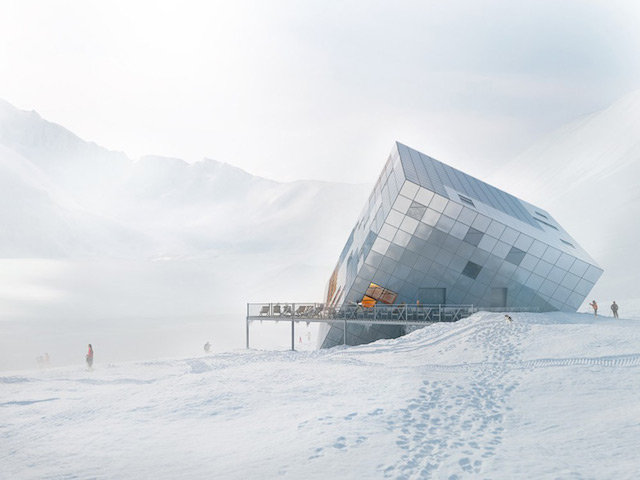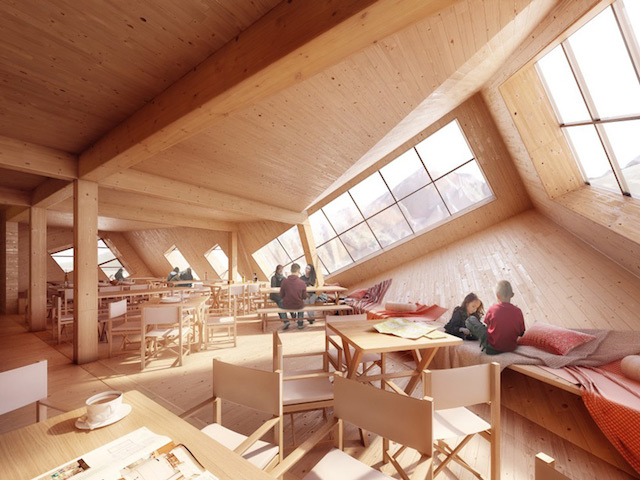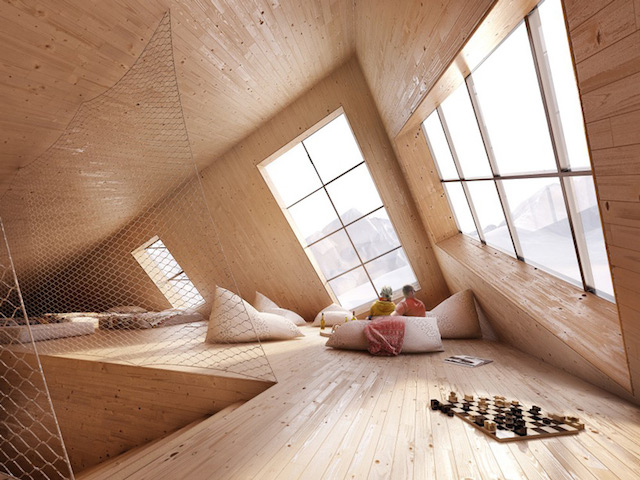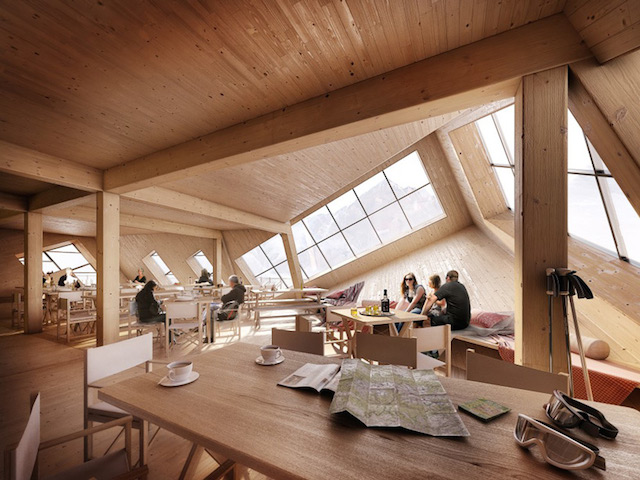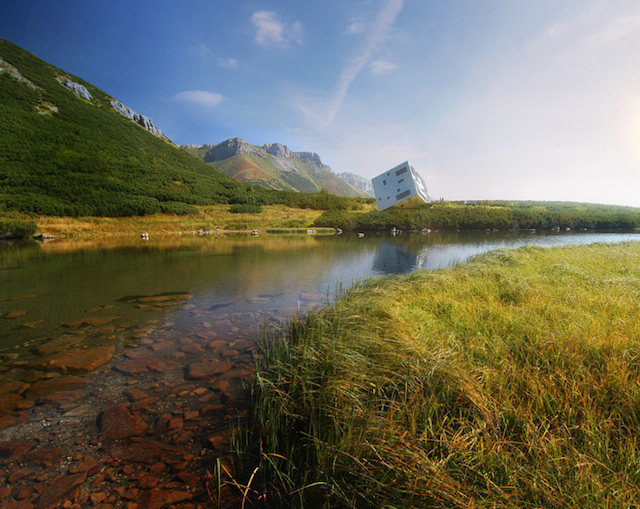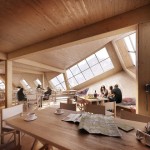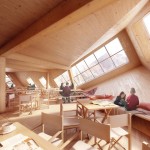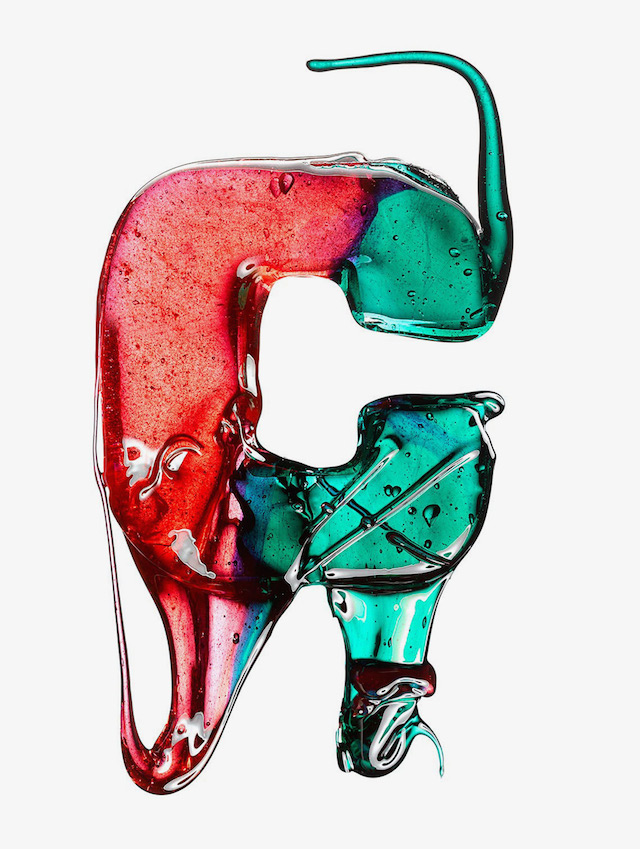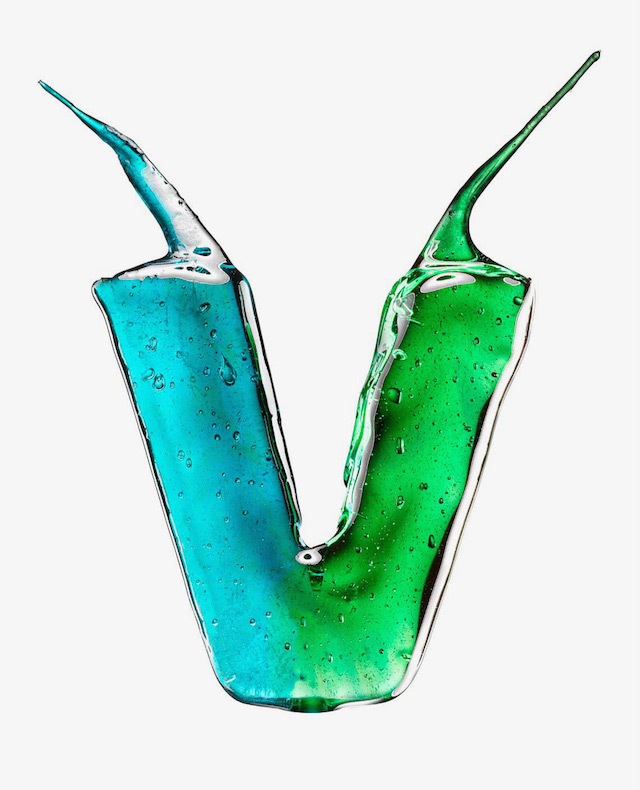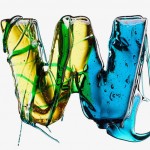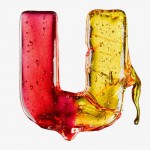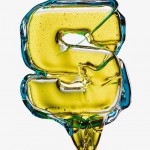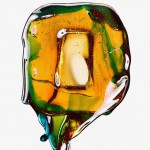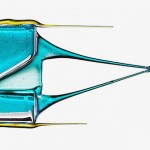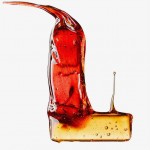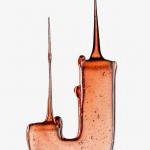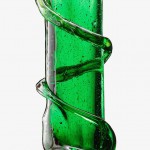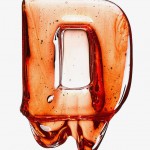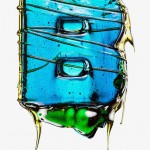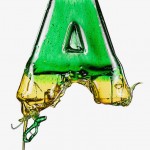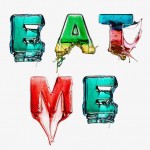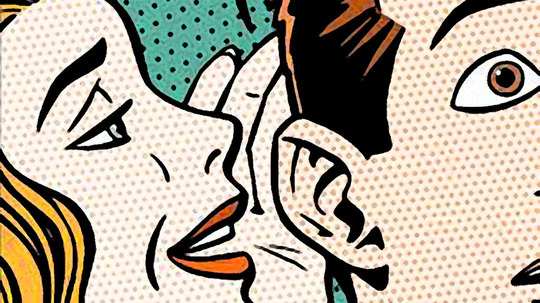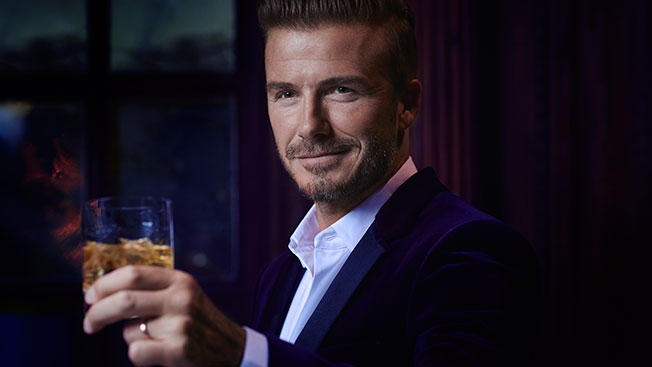The radical power of touch.
by
From Adbusters #116: Blueprint for a New World, Part 5: Politico

Child’s Drawing, Australian Human Rights Commission
Cuddly is not a word that you often encounter in political discourse, in the remote form practiced by politicians or in an academic debate.
It is not a sexy word, a buzzword, the kind to incite an uprising. But there he was: cuddly. All I knew was that I didn’t want to let go of him.
It was 2002 and I was seventeen years old. The dry, dusty expanse, with its shades of yellow, brown and grey stretched out before me on a road that extended straight ahead to a vanishing point. It was an Australia I had never experienced before but had inherited as an idea, a mythological place of belonging: the Outback, the interior. An emu ran from the sound of our car, distraught, wild, as if a caricature, along a barbed-wire fence.
At the first roadside petrol station, the hostility toward our presence made us hurry: behind the wheel of the car behind us was a woman in a headscarf. I watched as they tried to take in this exotic apparition, at first with fear then something like disgust at the shape of her plump body, her brown skin and clothes; at the guttural language she yelled at her children; at the sheer number of her children — five!; at the strange-smelling food in its enormous quantity — rice dished out of a saucepan big enough to feed everyone for a week from the boot of the car; at the haphazard way she drove off, revving the engine, “bunny-hopping,” with the children, dancing around inside without their seatbelts on. As soon as she did so, her headscarf came off, her long black hair blowing in the breeze.
The next day, we arrived and were surveying the place before us, how well-designed it seemed. It looked like every other piece of unassuming, unimaginative architecture of efficiency: neither those on the outside could see in, nor those on the inside see out. A Land Rover sped toward us and two men in uniform asked what we were doing there. “Visiting.”
We were at what was then called the Baxter Detention Centre, a jail the government had contracted out to a private firm as part of its mandatory detention of refugees and asylum seekers. As part of a social justice group we were travelling with Azin, a young Afghan woman, and her children to visit her husband. A year earlier, due to public pressure over the imprisoning of children, the government had temporarily released mothers and children — but not men — so that women like Azin were out on their own, with no assistance. In this year since being released, since seeing her husband, she had learnt to drive in order to get back. The Centre was notorious for its violence and secrecy — all press was banned from even the perimeter of the Centre.
My memories of this place are of an endless series of what seemed like psychological and arbitrary games in order to get through and visit people inside: of wire cages, in succession, where you could wait in isolation, for up to half an hour each; of being frisked and stamped with a smiley face in UV ink on your hand as if entering a night-club. The guards ask “how are you today?” as if they’re just cashiers at a supermarket. One day I lose it and break down while waiting in the final cage so that when I emerge I say “I’m waiting to speak to a man who has sewn his own mouth shut. How do you think I feel?” I am not given approval to visit that day.
Outside, we meet with the family again, more rice and tea. The two twins, in matching Kmart outfits, love to run up and down a large, rusting pipe; the daughter helps her mother with translation and food; the second oldest, Akhmed, fidgets nervously on his own. Then there is the youngest. There are so many memories I have of this time and place. They remind me constantly of the urgency for justice. But of all the memories, there is one, so visceral, that comes to me from nowhere. I’m standing by the sea, or in a beautiful patch of forest, lost in quiet contemplation on a plane looking down on the clouds: and there he is, the youngest of the family. I feel it in my whole body, what it felt like to cuddle and hold that youngest child.
He was two or three, still in nappies. He didn’t really speak, yet he should have been able to at his age. When he cried, tears rolled down his face, and he grimaced, but he did not cry with sound. He seemed never to laugh also, and never to fuss. We took turns to hold him, and, transferred from his mother to sister, to one of us, he didn’t ever protest like other children might. In my arms, he didn’t, like other children, wriggle around. He lay still, cradled, attaching to me like a baby possum or a koala. He seemed distant, worrying. He was, it seemed, traumatized.
He was also very cuddly. I have no other word for it. I couldn’t do anything to get through to him, it seemed, I could not win the war against the senseless violence of such a system, but I could hold him and cuddle him. Through all the anger and grief and rallying in the streets, I remember this. It’s this embodied aspect of social movements and social justice that I wish to remind us of. It is what I love about the recent Occupy movement with the sharing of food, the “occupying” of space together, the exchange of skills and ideas, the shaking or holding of hands, of walking and singing together in protest.
It is an effective move by the Australian government to now “process” refugees and asylum seekers fleeing political persecution and economic apartheid “offshore.” With no danger of contamination, no chance for interaction, for touch, Australians meet only with such people through their television screens. It seems to me so primal, this embrace, that I wonder if a war couldn’t be won with one. In that cuddle I remember that all life wants to flourish, all life started in its youth, vulnerable, unknowing, the world before them, with someone, somewhere who held them, and hoped the best for them.
I wonder where he is now, little Fahran. He would be a teenager, if alive — and I hope with all my heart that he is — and I hope he is alright. I wonder if somewhere he has a memory of being held with all the hope and love for him and his life ahead.
—Cybèle McNeil is a cultural anthropologist and playwright. Her anthropological work has taken her to remote northern Australia and northern Thailand to research rock-art traditions. In her writing she is committed to exploring issues of social and environmental justice.
Source




